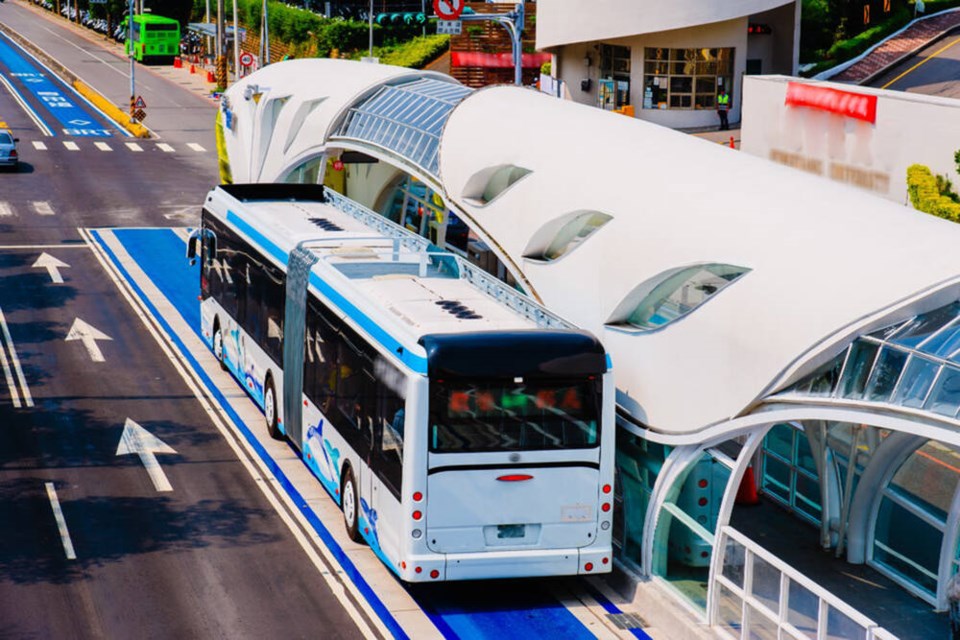Dear Editor:
I am one of the hundreds of people who cross a bridge to commute to Capilano University. Although I often come to campus by bike, many of our students and employees travel by bus, and long commutes and traffic congestion on the North Shore now impact the overall student experience and employee recruitment and retention.
Around 65 per cent of all CapU students take public transit to and from campus most of the time, and among our international students, 91 per cent rely on public transit. I regularly hear from students who feel underserved by the current transportation options for them.
When CapU was established in 1968, it primarily served residents of the North Shore; 55 years later we have students commuting by bus from as far as Surrey or Mission. With this in mind, CapU is thrilled . Any step that improves public transit to and across the North Shore should be celebrated and supported.
The collective North Shore Connects partnership, involving the three North Shore municipalities and the 撸奶社区and Tsleil-Waututh Nations, has successfully elevated regional awareness of transit deficiencies on the North Shore.
However, getting from local support to regional success will require joint funding support from all three levels of government. As a major employer and service provider on the North Shore, we are adding our voice to the call for federal and provincial government funding for BRT public transit service to connect Burnaby to the North Shore.
CapU offers some top-ranked programs that draw students from the Lower Mainland, across Canada and around the world, but first they have to get to campus. Currently, 86 per cent of our students have three or more transfers in the commute to campus. Each transfer lengthens their commute and takes away time they could be studying, working or caring for their health and well-being, making investments in direct connections to our campuses extremely important.
Knowing how far many students travel by transit each day, the Capilano Students’ Union has long advocated for a more direct route to the university, as well as greater frequency and capacity.
As planning for the R2 expansion and the Burrard Inlet Rapid Transit Study continues, I encourage students, employees and community members to participate in upcoming public consultation – a powerful way to have an impact on decisions still to be made.
I raise my hands to those who have brought the work this far. Now, I stand united with North Shore leaders in appealing to the Province of British Columbia and the Government of Canada in calling for financial support to get people moving in a faster, more sustainable way with BRT transit service.
Paul Dangerfield
President & Vice-Chancellor, Capilano University
What are your thoughts? Send us a letter via email by clicking or post a comment below.


